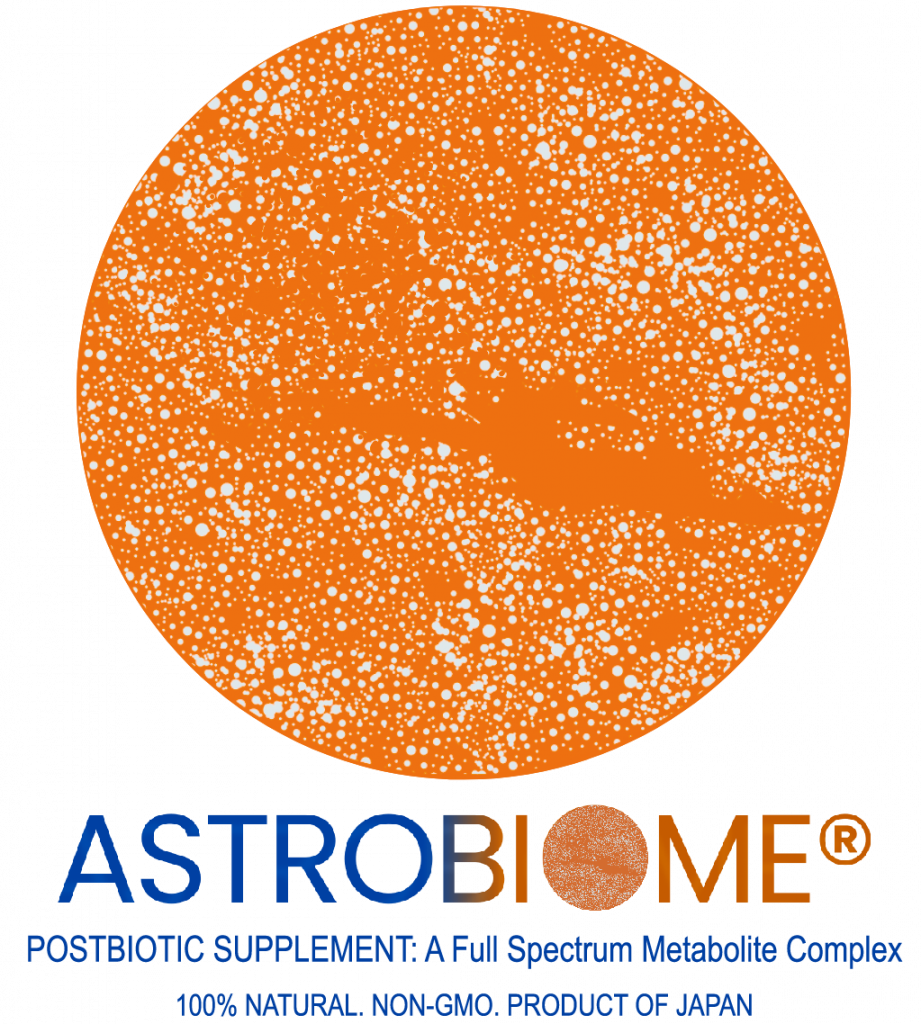
The winners of this years ESA Payload Masters are:
Hydromars Hydro4M2
Arjun Monga, Hydromars AB
Hydromars AB is an ESA-BIC funded Swedish NewSpace startup developing next-generation water purification technology for space usage. Our payload contains a patented thermal pervaporation module that extracts highly pure potable water from any waste feed with high recovery rate and has been proven over three decades in terrestrial applications. The Hydromars device enables in-space life support along with science and manufacturing. Moreover, it provides a material-rich retentate containing nutrients and precious elements to enable complete material circularity. Once integrated with manned or unmanned spacecraft for missions to LEO and beyond, our device will provide safe, reliable and easy access to pure water for all purposes.

Op-To-Space
Hendrik Ulbricht, University of Southampton
An optically trapped nanoparticle can be controlled in its motion in an unprecedented manner. The trap oscillation occurring at room temperature can be reduced in a vacuum setup to a few milli Kelvin, the ground state of the trap, the slowest motion allowed by quantum mechanics. Combined with a precise interferometric position measurement, these particles can serve as ideal test masses to perform e.g., inertial navigation or gravity gradiometry.
Our payload will demonstrate the feasibility of levitated optomechanics, for space applications and is the first-of-its-kind. We will load silica nano-particles in an optical trap in flight and perform basic manipulation schemes such as stabilizing the motion of particle by feedback, and therefore open up a whole new world of applications for the space industry and science alike.

ACE:DREAMS
Fanny Rößler, WARR e.V. / WARR space labs
ACE:DREAMS is a student-built technology demonstrator for automated cell culture experiments in microgravity and will build upon the concept of project ADDONISS, which was sent to the ISS in March 2023. The experiment is designed to measure signal expressing cells autonomously, whilst providing a life support system by ensuring an optimal temperature, regularly supplying the cells with nutrient medium and monitoring them with microscopes. Additionally our fluid system, providing the culture medium to the cells, is capable of multiple in-flight additions of cell culture treatments, especially of those that cannot stay stable in solution for long periods of time. The setup will include signal simulators instead of cells and additional sensors to validate our technology and prepare it for future biological missions.

Astrobiome
Vera Mulyani, Astrobiome GmbH
The life science experiment aims to demonstrate how a naturally modulated microbiome, advanced by their Astrobiome® biostimulant, would enhance the epigenetic shifts of the plants, developing new knowledge in the microbiomic and epigenetic fields.
Participating in the Nyx’s *Mission Possible* would bring them substantially closer to realizing their prime purpose: to increase food security both in space and on Earth, while elevating the overall nutritional value of sustenance for a higher health standard and thereby return our planet to its utmost thriving condition.
What if the secret to solving the challenges of the macro lies within the micro?

Ecolora Space Plant Transport Unit
Luke Concollato, Ecolora Ltd
Ecolora is developing the first generation of autonomous plant growth chambers for space.
Our mission is to equip lunar and martian settlements with plant growth systems that free up valuable crew time for infrastructure development.
Among the many challenges of growing plants in space is efficient water delivery. Ecolora addresses this challenge through their novel gel growth media that eliminates the need for sustained irrigation. Ecolora’s gels are also treated with inoculants that prime plants against pathogens, reduce the risk of contamination, and provide essential nutrients for early growth.
By allowing plants to be sent and grown independently of crewed missions, Ecolora’s technology ensures the resilience of our space-based food systems and helps secure our future out among the stars.

On Board Computer as Payload
Sotiris Meintanis, Deep Space Industries Europe SARL
The Binary platform computer is Bradford Space’s robust solution to SmallSat spacecraft integrators interested in LEO, cislunar and deep space applications. The Binary computer interfaces with bus systems and its fault-tolerant architecture provides resilient control to the complete spacecraft’s needs. It is a small yet a powerful device and its reconfigurable out-of-the-box software allows for an agile implementation across various spacecraft architectures. The Binary computer integrates with the Bradford Space’s Galactic suite of avionics managing the inner-stack flow and validity of data.
© All rights reserved